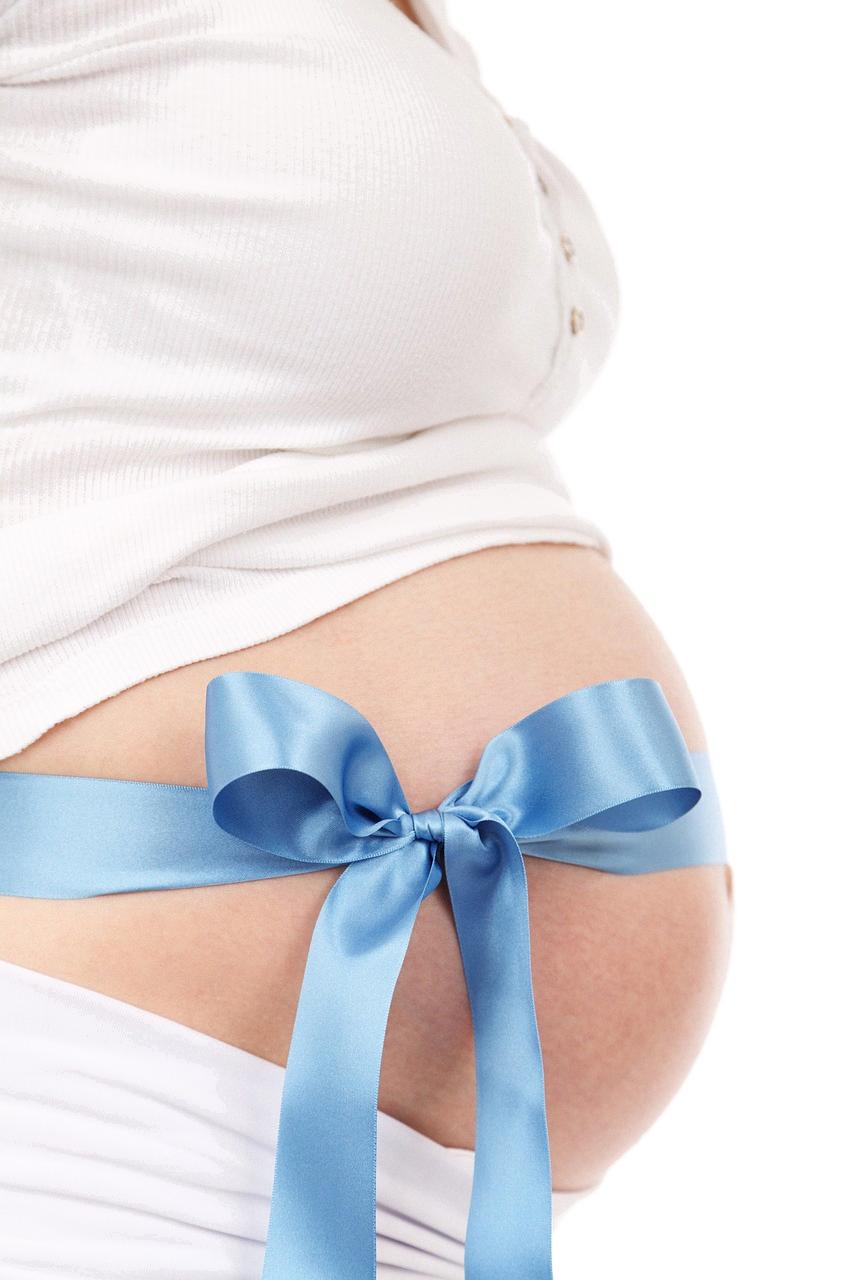During pregnancy, your body goes through numerous changes to accommodate the growing fetus. One common symptom that many pregnant individuals experience is frequent urination. The heightened need to pee can start as early as the first two to three weeks of your pregnancy. This early onset of frequent urination may be attributed to hormonal changes in your body as it prepares for pregnancy.
Factors Contributing to Early Onset of Frequent Urination
Several factors can contribute to the early onset of frequent urination in pregnancy. One major factor is the increased blood flow to your pelvic area, which can result in increased pressure on your bladder. Additionally, the hormone hCG, which is produced during early pregnancy, can also lead to more frequent trips to the bathroom.
Physiological Changes in Early Pregnancy
As your pregnancy progresses, physiological changes occur in your body to support the developing fetus. Around 10 to 13 weeks into your pregnancy, your uterus starts expanding and pushing on your bladder. This pressure on the bladder can result in a heightened need to urinate more frequently.
Impact of Uterine Expansion on Bladder Function
The expanding uterus can significantly impact your bladder function during pregnancy. As the uterus grows larger, it places increased pressure on the bladder, reducing its capacity to hold urine. This reduced bladder capacity coupled with the hormonal changes in your body can lead to more frequent urination.
Fluid Shifts and Kidney Function in Pregnancy
Fluid shifts in your body during pregnancy can also contribute to increased urinary frequency. Your kidneys work harder during pregnancy to filter waste from your body and support the additional fluid volume required for the developing fetus. The increased fluid intake and kidney function can result in more frequent trips to the bathroom.
Importance of Hydration During Pregnancy
Staying hydrated is crucial during pregnancy to support the health and development of your baby. While frequent urination can be bothersome, it is essential to maintain adequate fluid intake to prevent dehydration. Drinking plenty of water throughout the day can also help flush out toxins from your body.
Managing Frequent Urination in Pregnancy
Although frequent urination is a common symptom of pregnancy, there are ways to manage it effectively. Avoiding caffeine and spicy foods, emptying your bladder completely each time you urinate, and practicing Kegel exercises to strengthen your pelvic floor muscles can help reduce urinary frequency.
Seeking Medical Advice for Persistent Symptoms
If you experience persistent or severe urinary symptoms during pregnancy, it is essential to seek medical advice. Your healthcare provider can evaluate your symptoms, rule out any underlying conditions, and provide personalized recommendations to help alleviate discomfort associated with frequent urination.
Conclusion
In conclusion, frequent urination can start as early as the first few weeks of pregnancy due to hormonal changes and physiological adaptations in your body. The expanding uterus, hormonal fluctuations, fluid shifts, and increased kidney function all play a role in the heightened need to pee during pregnancy. By understanding the factors contributing to frequent urination and implementing strategies to manage it, you can navigate this common pregnancy symptom with greater ease.

